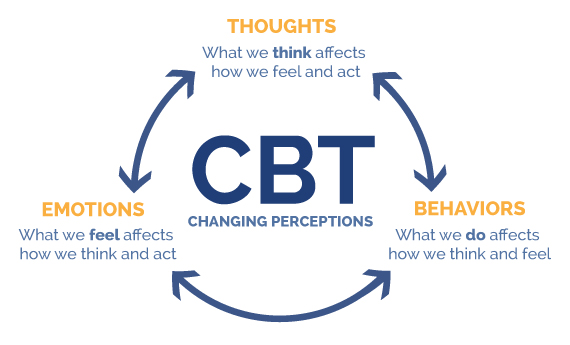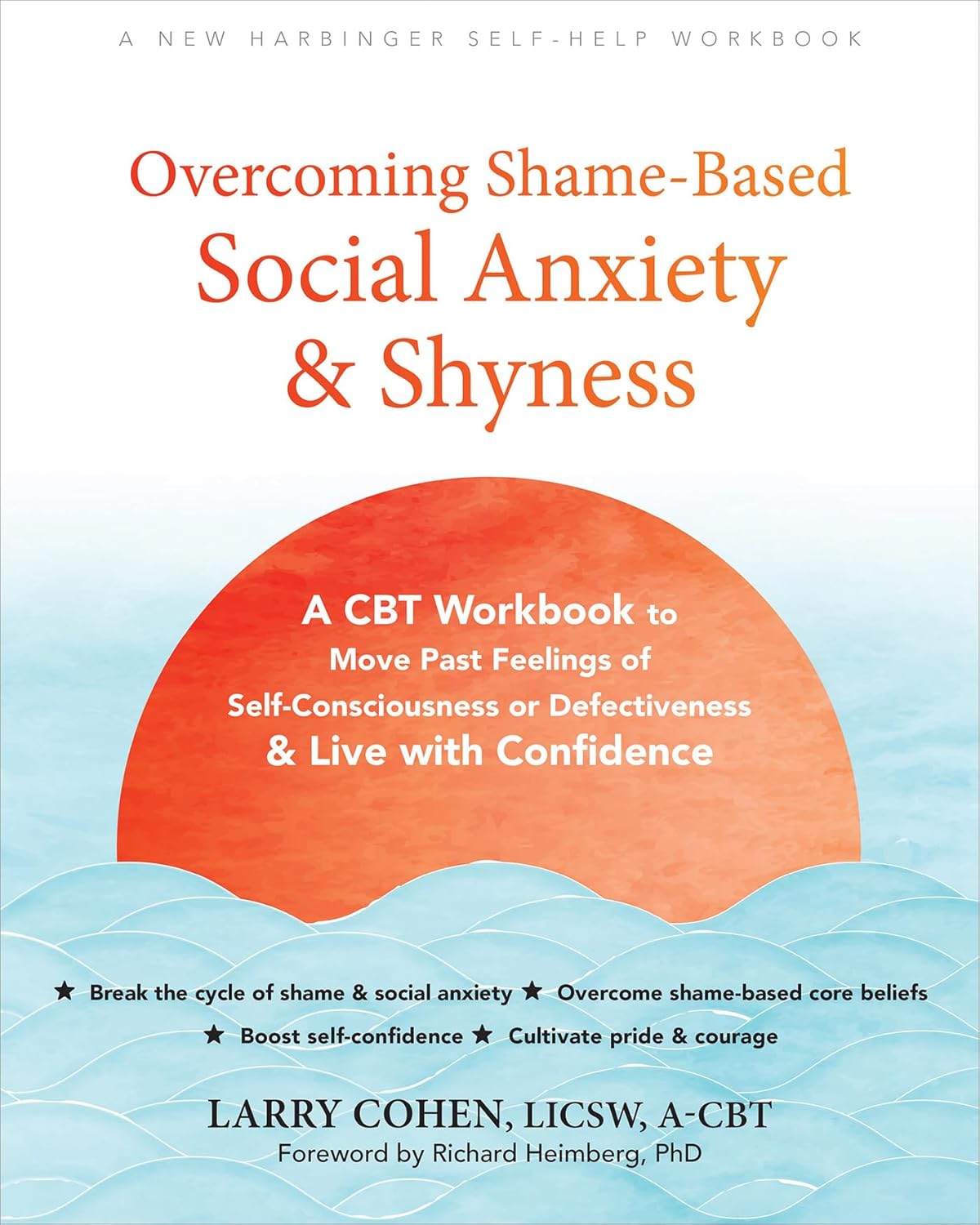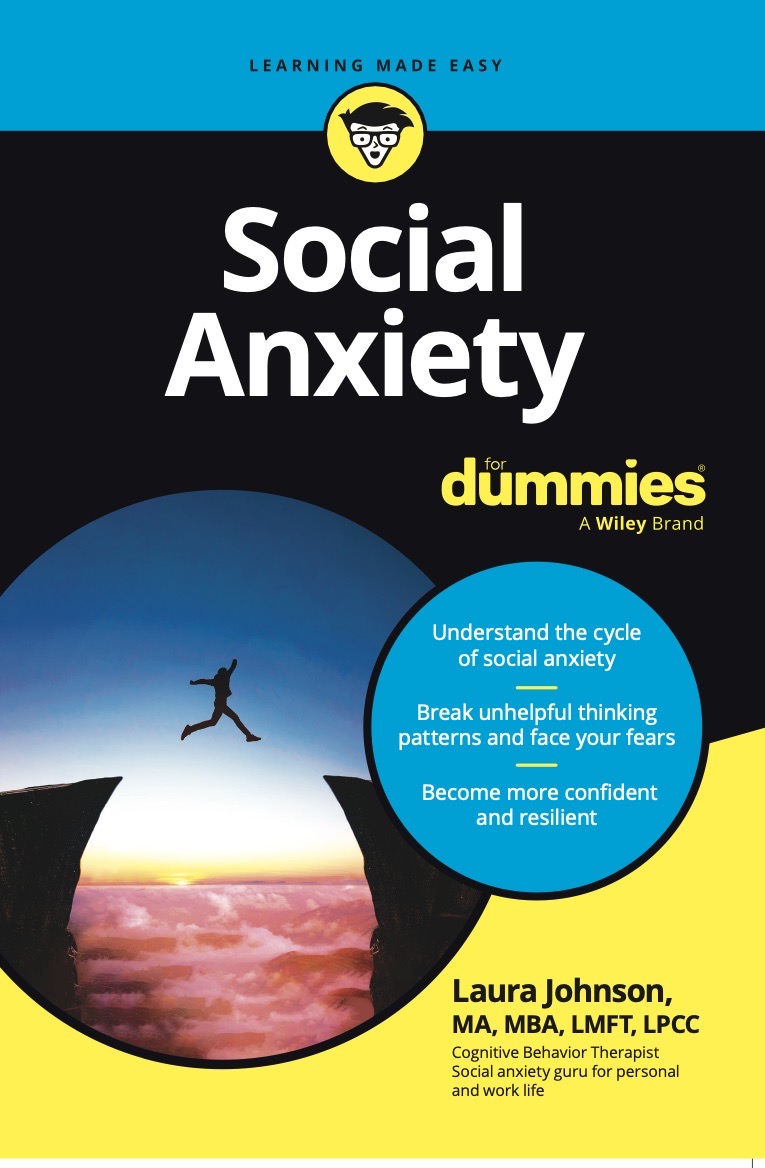Brad is prone to ruminating about his past social interactions days or even weeks afterwards. This habit intensifies his worry that he said something stupid or looked nervous. He worries that he will always feel and act this way which makes him feel depressed, as well as anxious.

COGNITIVE-BEHAVIORAL THERAPIST:
Larry Cohen, LICSW, A-CBT;
Cochair and cofounder of NSAC;
Representative of NSAC District of Columbia.
Session 1
Larry and Brad explore how Brad’s rumination is contributing to his depression and social anxiety, and is counter-productive to his goals. Larry introduces Brad to the strategy of “being a good parent to yourself” to counteract his habit of beating himself up with negative self-talk, and suggests that Brad try this out as homework.
Session 2
Larry discusses with Brad the progress he has made in practicing the being-a-good-parent-to-yourself strategy. Larry introduces Brad to the “pride and gratitude log”, which is aimed at countering the negative bias experienced by people with social anxiety or depression, and suggests that Brad practice this every day in the coming week.

National Social Anxiety Center therapists have recorded samples of cognitive-behavioral therapy (CBT) sessions with socially anxious persons. The therapists are real NSAC clinicians. The persons portraying the clients are actors. It is our hope that listening to these sample sessions will give you a good taste for what doing CBT for social anxiety is like. We also suggest homework ideas, complete with handouts you can download, that you will likely find helpful to pursue on your own.
These audio recordings are a joint project of Meomind and NSAC. Meomind offers a library of pre-recorded simulated therapy sessions about a great many concerns for individuals who are interested in receiving psychotherapy but may have difficulty accessing it due to cost, stigma, and/or lack of provider availability. Listeners are matched to the most relevant sessions in the library based on their self-identified mental health needs. Please visit meomind.com or download the Meomind app.




